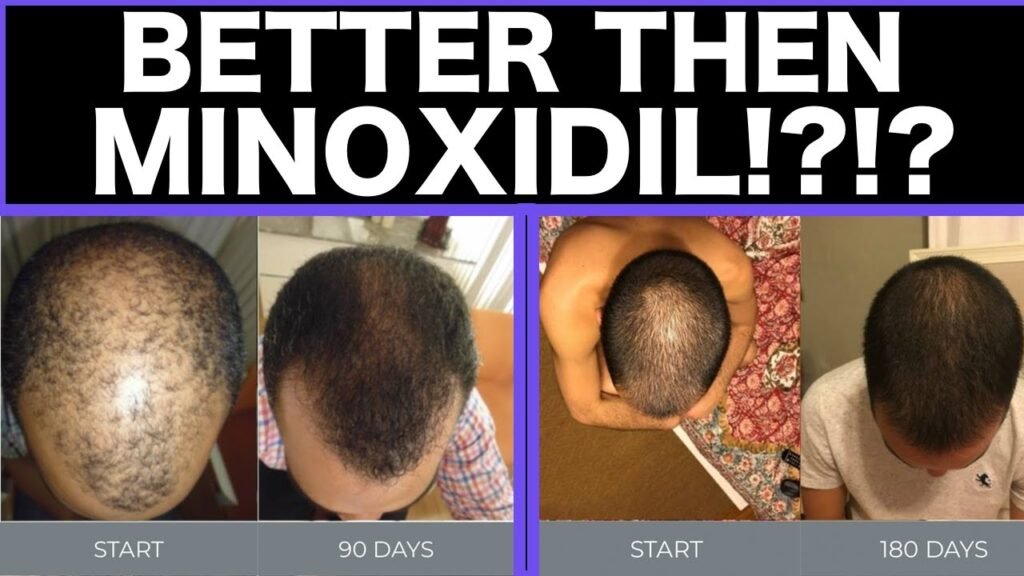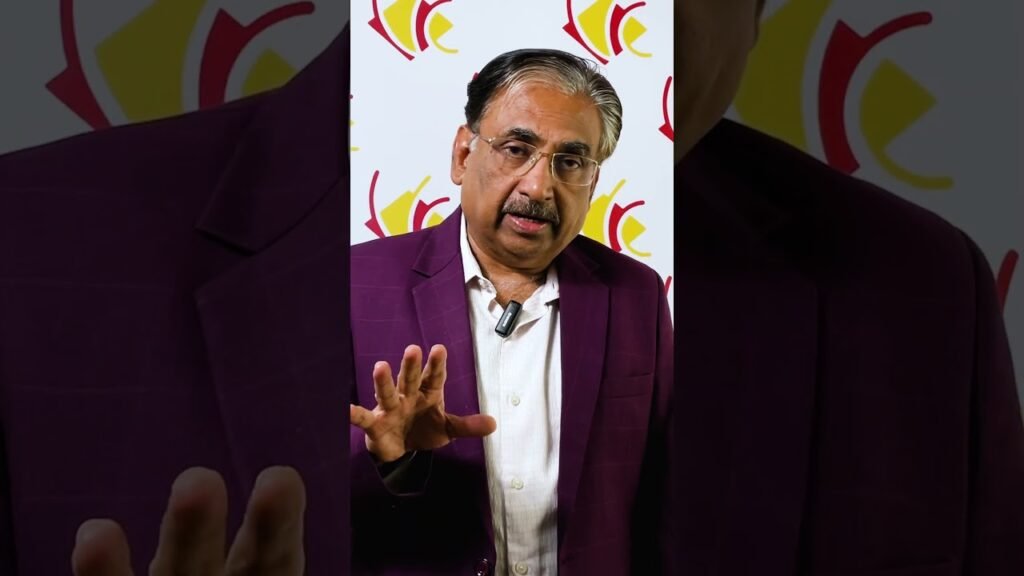Which treatment is safer: Minoxidil vs essential oils
When considering hair loss treatments, safety is a top priority for many individuals. Two popular options are Minoxidil, a well-researched topical medication, and essential oils, which are natural extracts from plants. Each has its own safety profile, and understanding these can help users make informed decisions.
Minoxidil Safety Profile
Minoxidil is an FDA-approved medication primarily used to treat hair loss. It has undergone extensive clinical trials to evaluate its safety and efficacy. Generally, Minoxidil is considered safe for most users when applied as directed. However, some individuals may experience side effects such as scalp irritation, itching, or dryness. In rare cases, systemic absorption can lead to more serious side effects like dizziness or increased heart rate. Its crucial to follow the recommended dosage and consult a healthcare provider if any adverse reactions occur.
Essential Oils Safety Profile
Essential oils, such as rosemary, lavender, and peppermint, are often touted for their natural benefits and are used by some as alternative treatments for hair loss. While generally considered safe, essential oils can cause allergic reactions or skin irritation, especially in individuals with sensitive skin. It is important to dilute essential oils properly before applying them to the scalp and to perform a patch test to check for any adverse reactions. Pregnant or breastfeeding women should consult a healthcare professional before using essential oils, as some may not be safe during these periods.
In summary, both Minoxidil and essential oils have their safety considerations. Minoxidil offers a regulated and extensively studied option, while essential oils provide a natural alternative with fewer clinical studies backing their use. Users should weigh the benefits and potential risks of each treatment and consult with healthcare professionals to determine the best and safest option for their individual needs.


